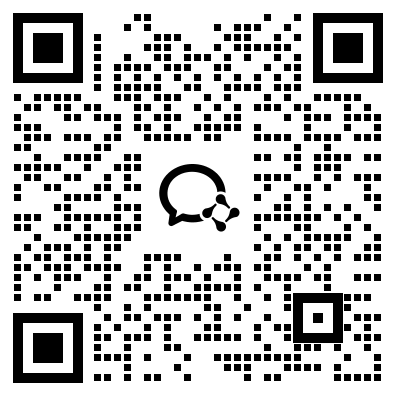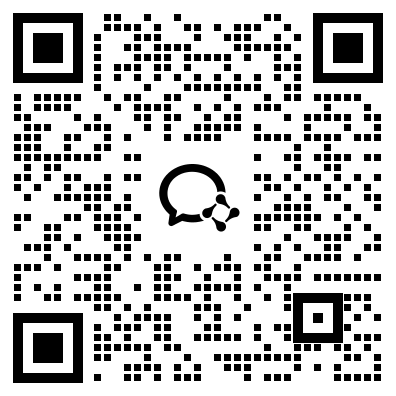Ironic error and overcompensation error under pressure
收藏Mendeley Data2024-06-29 更新2024-06-30 收录
下载链接:
https://figshare.com/articles/dataset/Ironic_error_and_overcompensation_error_under_pressure/19398188
下载链接
链接失效反馈资源简介:
The conflicting predictions of the ironic process theory and the implicit overcompensation hypothesis has been presented as theories to explain the characteristics of errors that occur when a certain behavior is prohibited. The ironic process theory predicts that instructions that prohibit a particular behavior will increase the outcome which should be avoided itself (the ironic error). The implicit overcompensation hypothesis, however, predicts that the opposite of the outcome to be avoided (the overcompensation error) will increase. We examined how these two errors, which negatively affect performance, are influenced by pressure and a perceived sense of difficulty. As an experiment, 12 college tennis players were asked to perform a tennis stroke task in which they had to hit a ball launched from the opponent's court back toward a target zone. In doing so, we instructed them to avoid hitting toward the prohibited (ironic) zones and to return as many balls to the target zone as possible. They performed this task under low- and high-pressure conditions, using either their preferred or less-preferred hitting style based on their perceived difficulty. The results showed that pressure significantly increased the number of balls returned to the zone opposite the ironic zone (overcompensation errors). The perceived difficulty was also found to significantly increase errors around the ironic zone under low-pressure condition and around the overcompensation zone under high-pressure conditions. These results suggest that pressure increases the overcompensation errors that occur when a particular behavior is prohibited, while perceived difficulty increases the random errors caused by conscious processing.
创建时间:
2023-06-28



